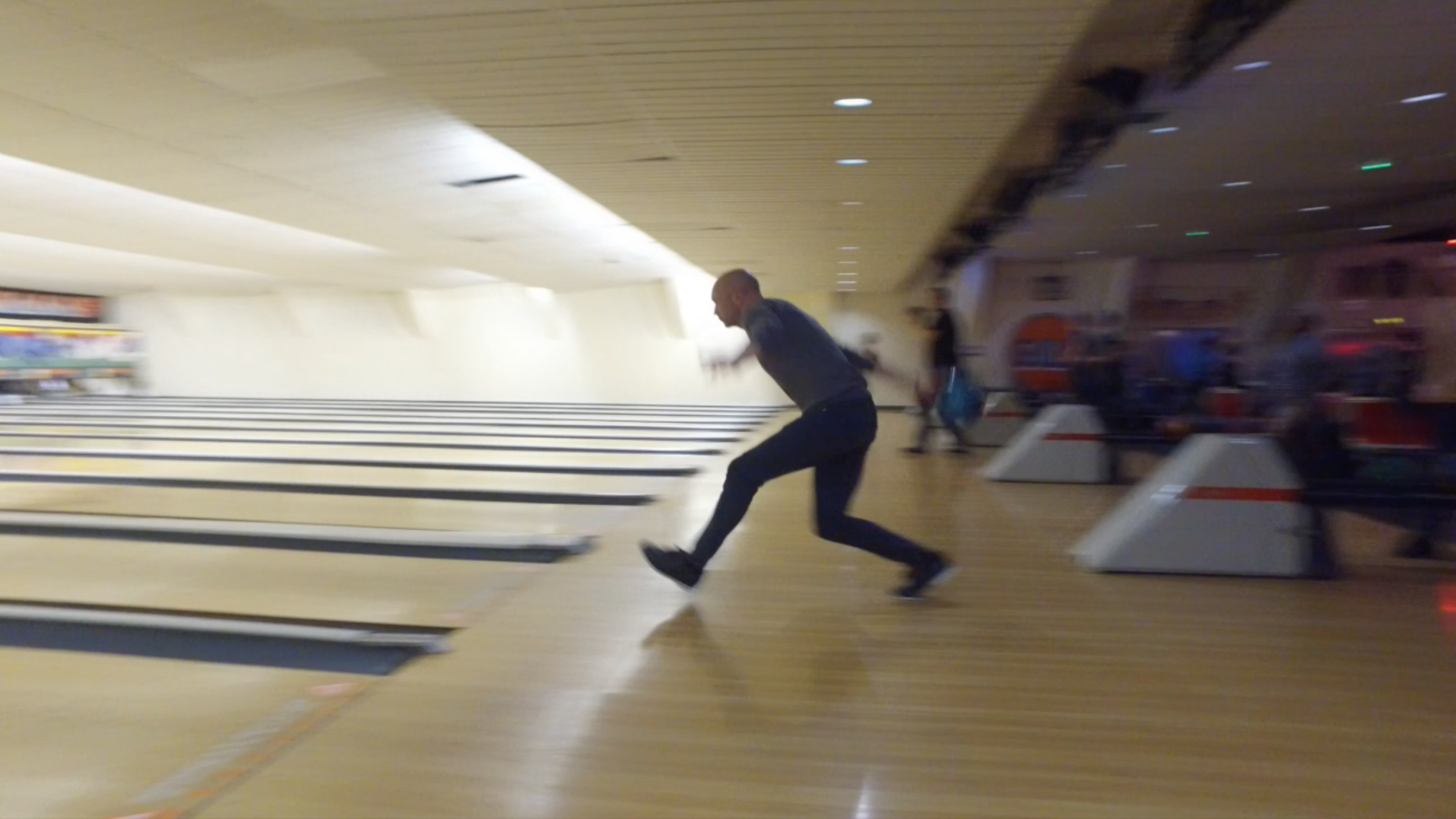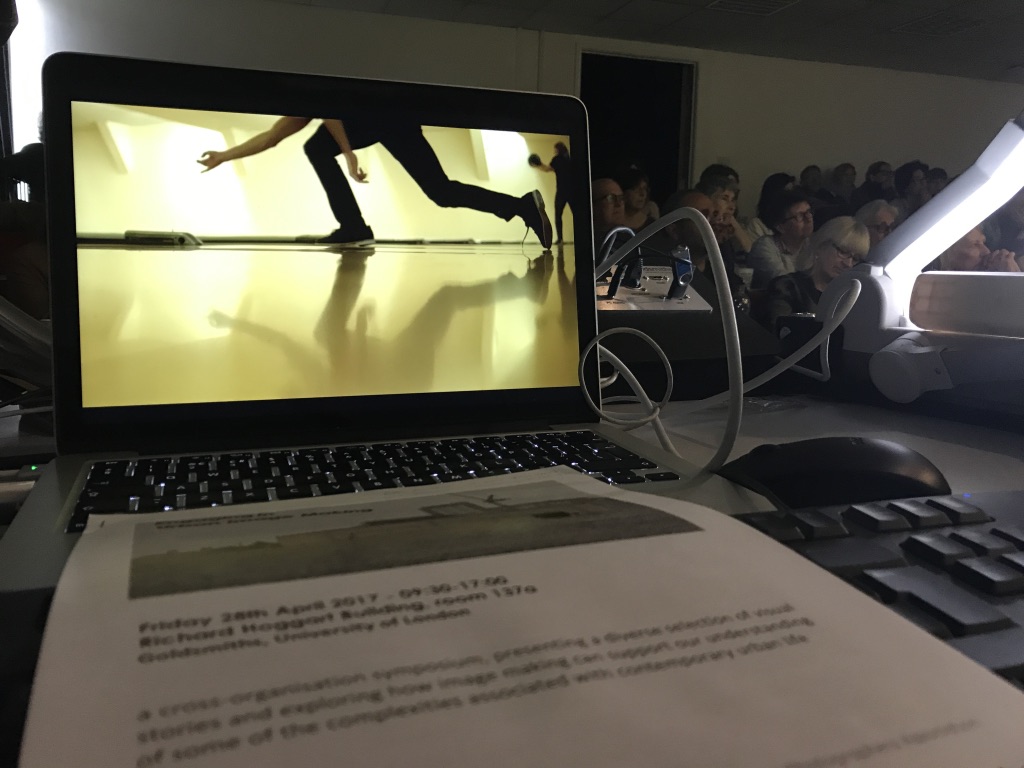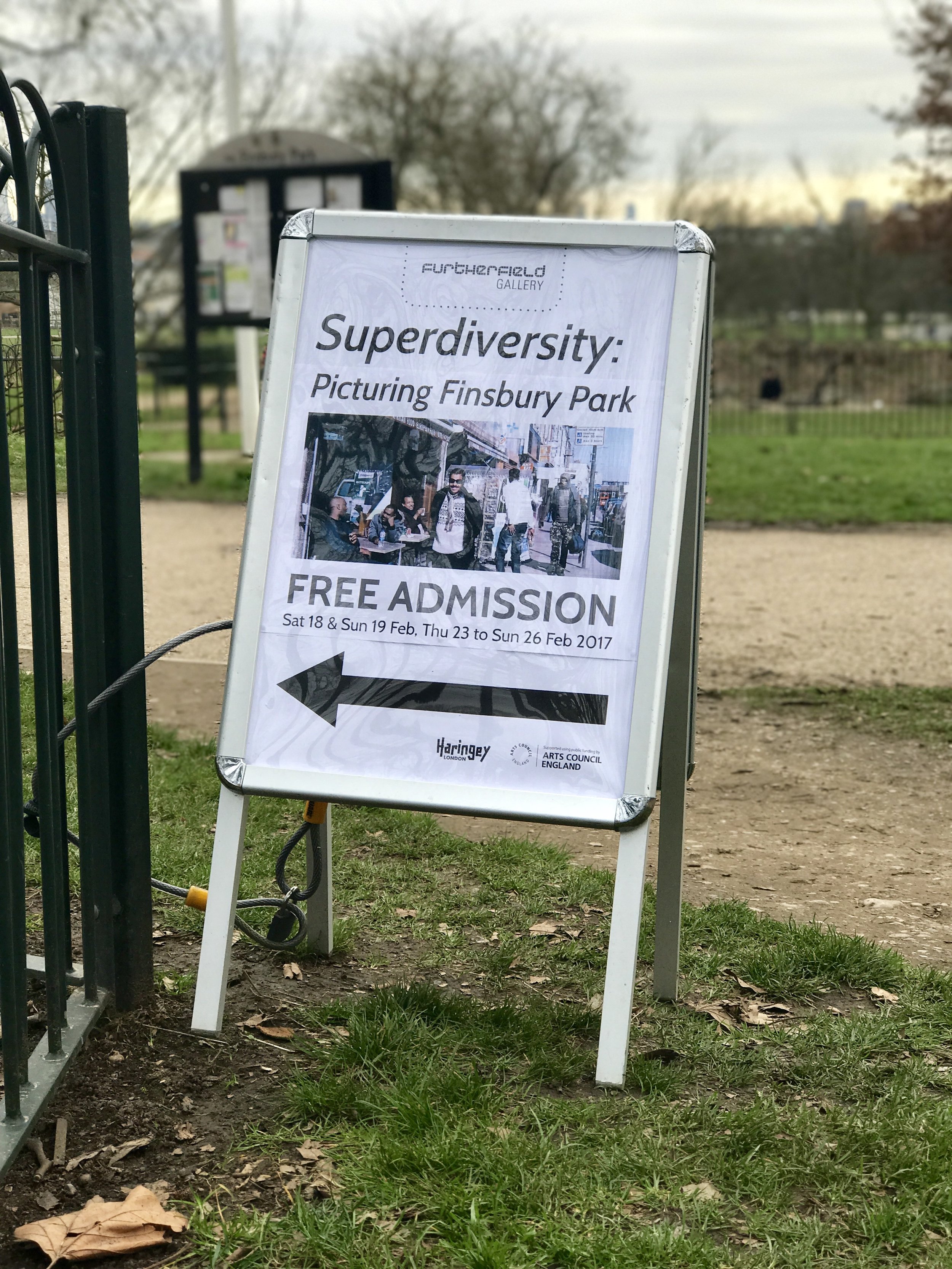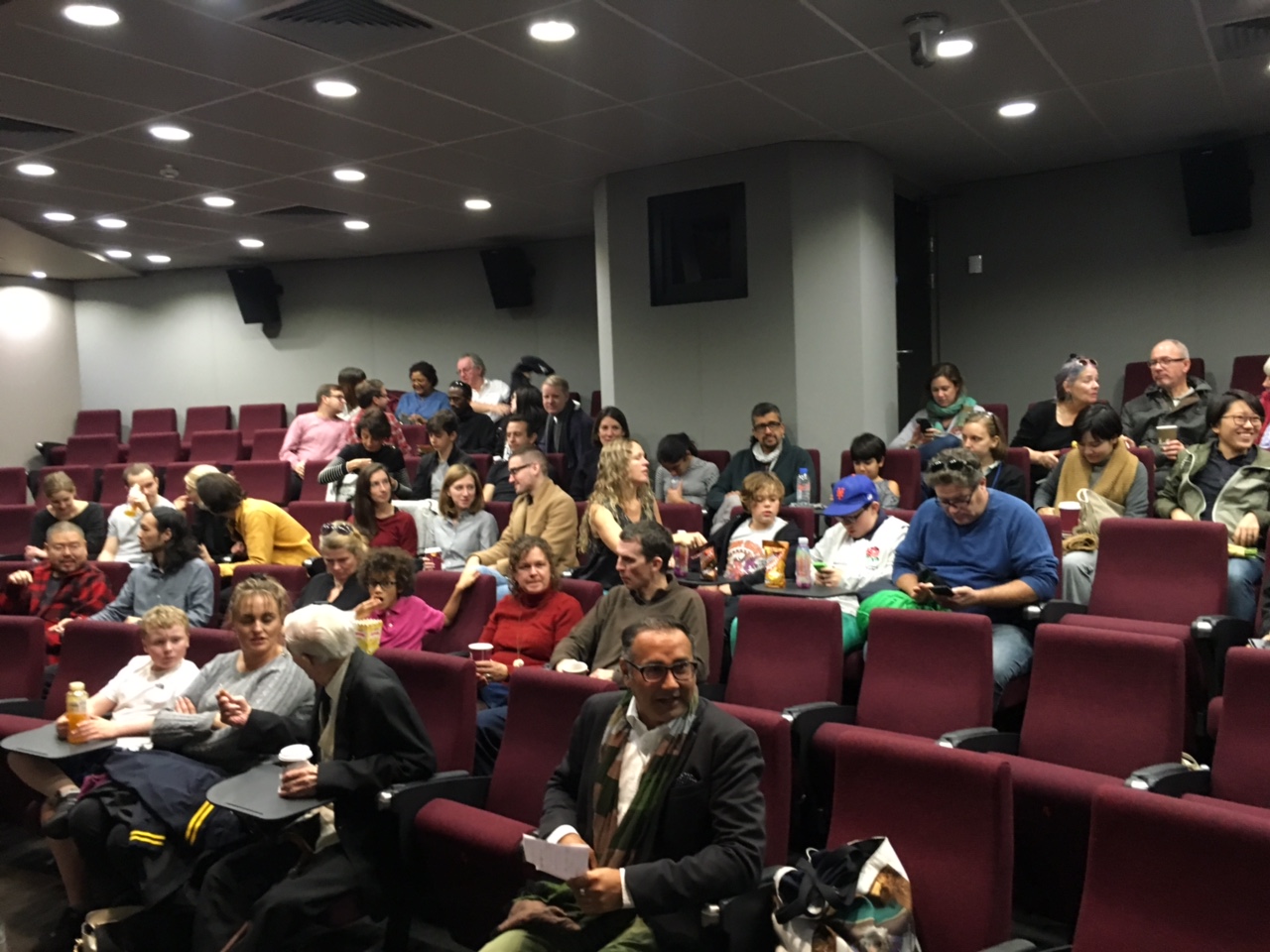
The study is funded through the Economic and Social Research Council's Future Research Leaders scheme.
This research starts with a seemingly ordinary place, a bowling alley, used by a diverse population in terms of age, class and ethnicity and standing on a busy crossroads in a fast changing neighbourhood at the intersection of three London boroughs. The research uses this example to examine the dynamics of contemporary leisure space in the context of processes of urban change in London and changing discourses of what makes ‘good’ urban space.
There are three inter-related layers to this research. First, through an in-depth examination of who uses the space and how, the research seeks to find out what kinds of interactions, tensions, belongings and negotiations the space engenders. Second, the research will uncover how the changing uses of this site reflect the social historical processes (including economic processes and migration histories) that have shaped the area.
Lastly, the neighbourhood is set to undergo major redevelopment and so the bowling alley provides a prime location for investigating these processes of change and debates about what constitutes valuable urban space, what stays and what goes. The project thus examines how processes of neighbourhood change, including gentrification and town centre remodelling, intersect with arguments about multiculture and the city and practices of belonging.
Papers, Presentations and Screenings




People
Emma Jackson is a Senior Lecturer in the Sociology department at Goldsmiths. Her research and writing explore the relationship between everyday practices of belonging and the production of spaces and places in cities. She is author of ‘Young Homeless People and Urban Space: Fixed in Mobility’(2015), co-author of 'Go Home? The Politics of Immigration Controversies' (2017), ‘The Middle Classes and the City: a Study of Paris and London’ (2015) and co-editor of ‘Stories of Cosmopolitan Belonging: Emotion and Location’ (2014). She is an editor of The Sociological Review.

